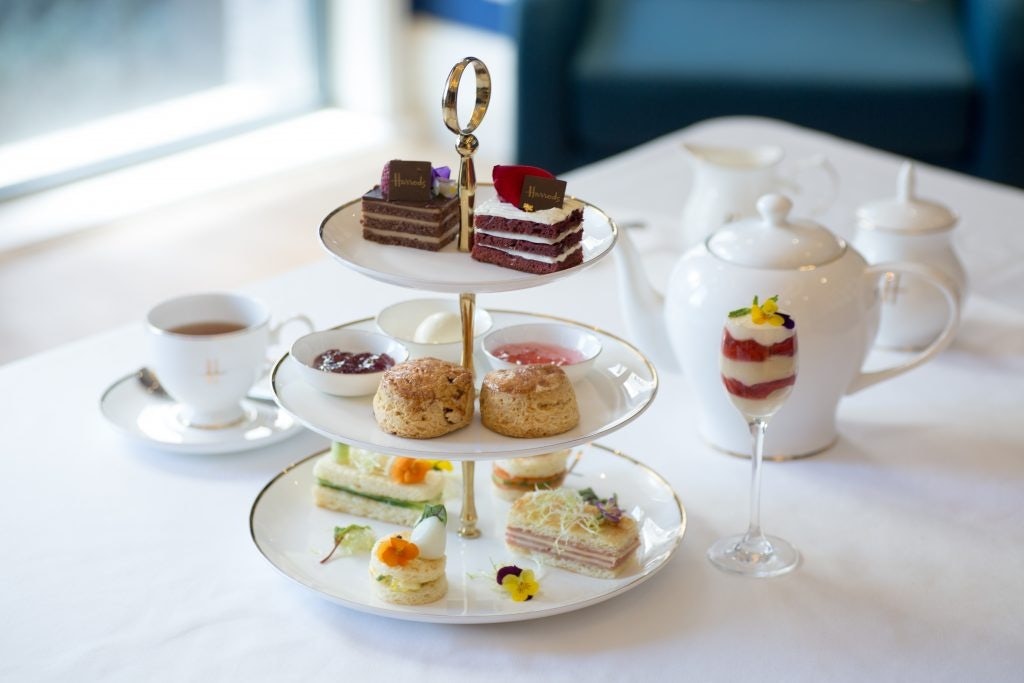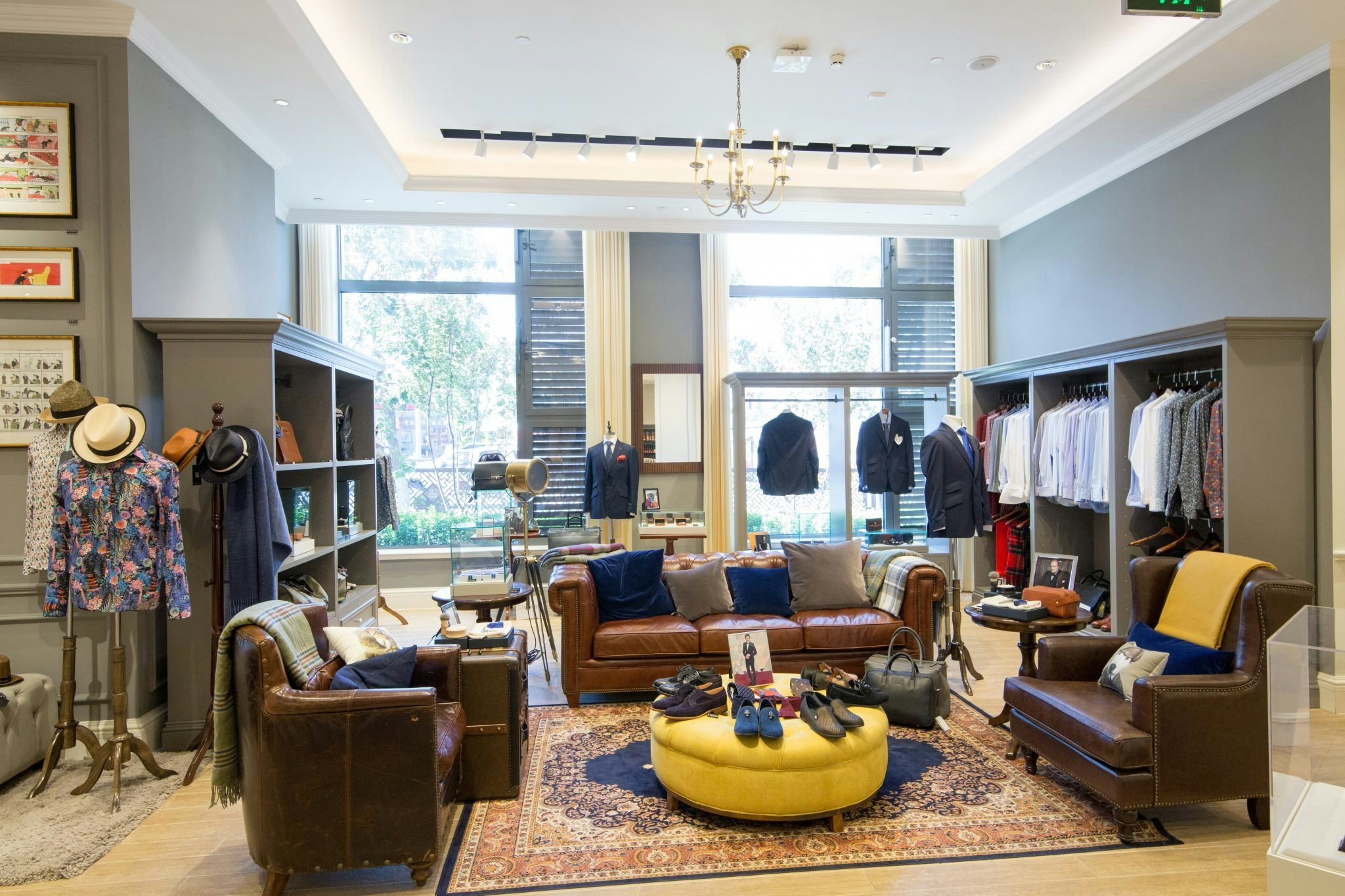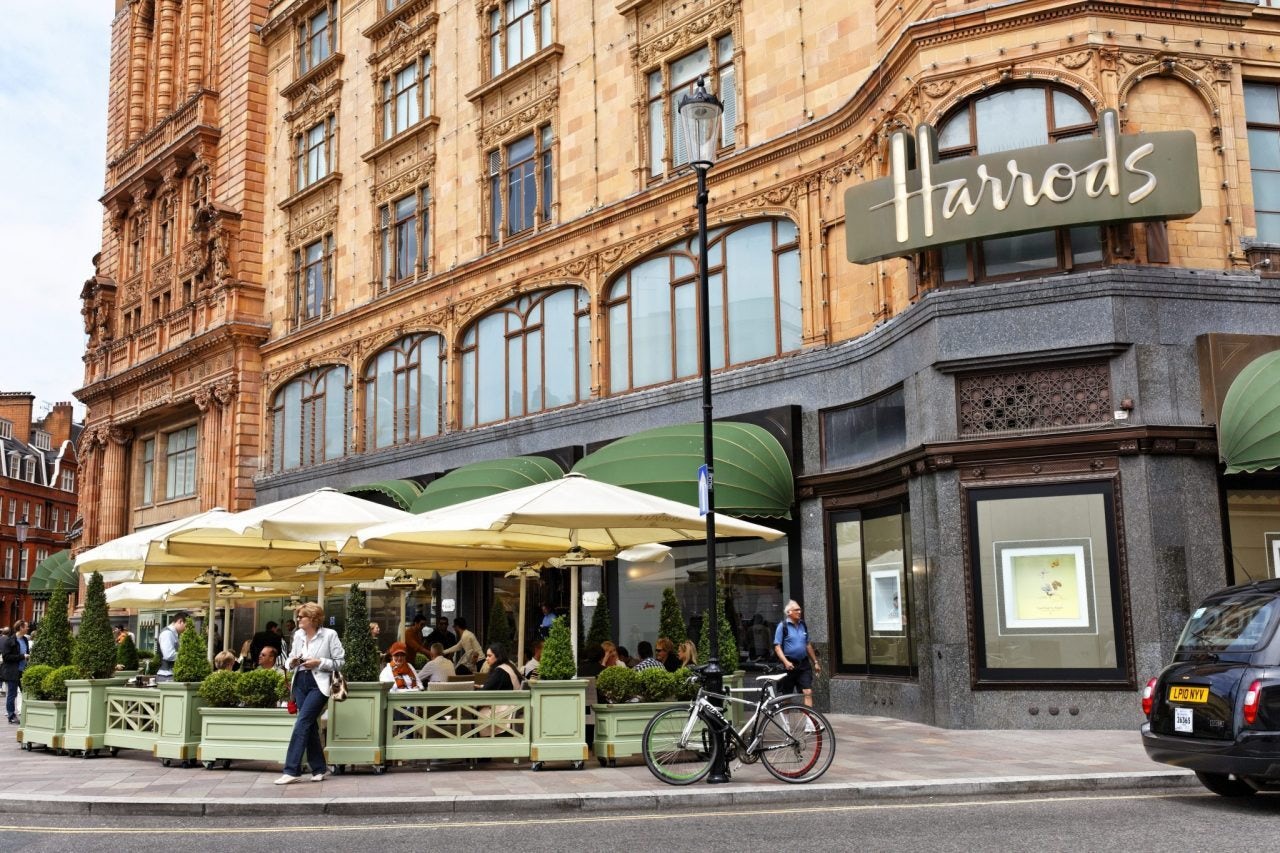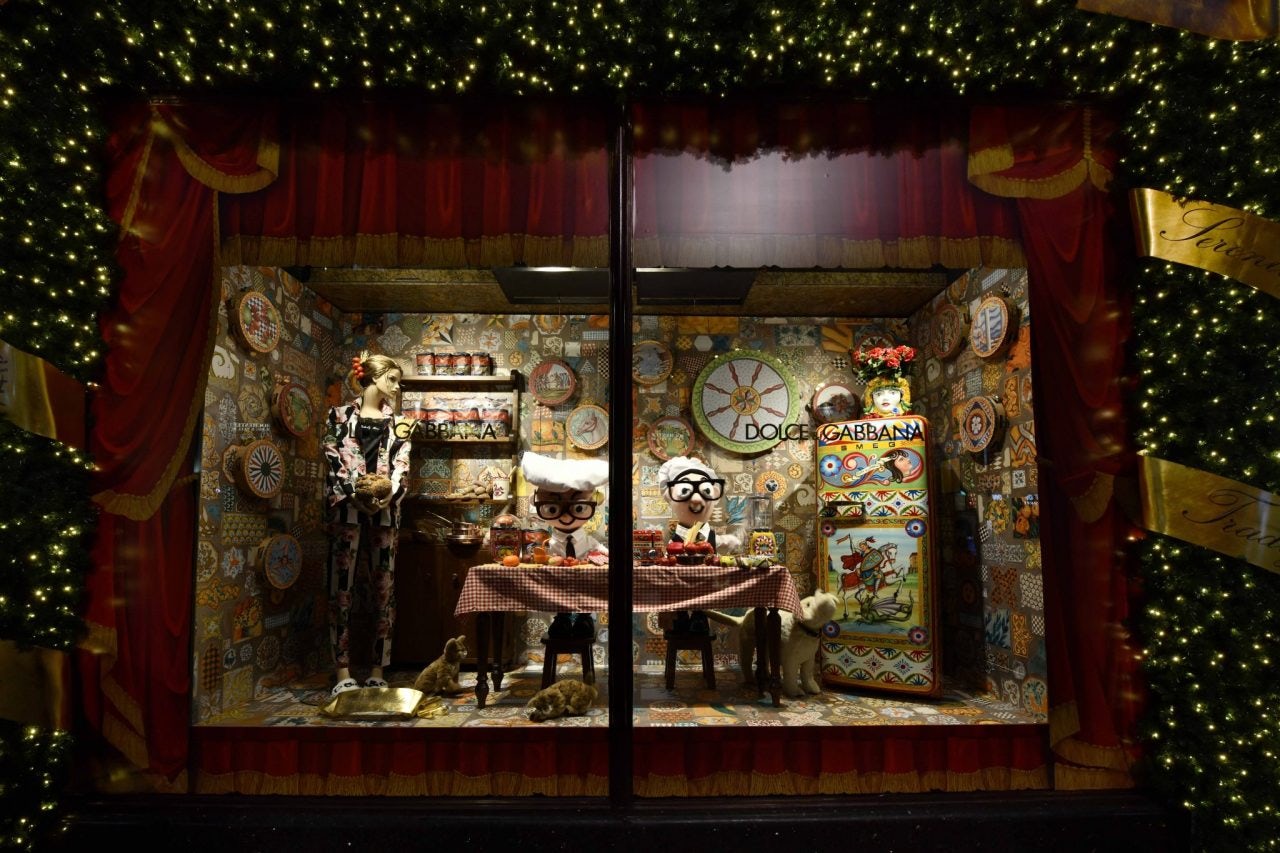Chinese consumers now prioritize factors such as “value for money” and “quality of products and services” over “brand origin”, according to consultancy McKinsey. What does that mean for luxury retailers and brands who continue to emphasize their national origins?
The British House sells over 100 British luxury brands, and is home to the first Harrods Tearoom in China. Founder Yimei McCabe established the store after helping with the China launches of brands including Hugo Boss, Alfred Dunhill, and Madame Tussauds. In 2015, she believed there was still so much interest in British heritage among Chinese consumers there was a real opportunity to bring more British brands to China.
This interest in things British was never more prominent than during the China release of 2017 British blockbuster Kingsman, which made 39 million in its opening weekend. The British House hosted an unofficial black-tie after-party at their store, despite the premiere taking place over 800 miles away in Shanghai. The British House's Retail Director Jamie Powell said, “We hosted the event, and there was so much being shared on social media that people started asking us if we were in charge of the official opening. The next day there was a two-hour queue for our Harrods Tearoom.”
"Following the Kingsman event, The British House also immediately sold out of its quintessential British umbrellas, that bore at least some resemblance to the Brigg umbrellas used in the movie," Powell said. “It wasn’t raining, it didn’t rain for weeks after!”
Being British is not alone enough, however.
According to Powell, “McCabe recognised it’s important we offer more than just another British store in China. We want to bring British experiences and British lifestyle, curating a mix of brands. We’re offering a concept destination for Chinese consumers hoping to discover a piece of British heritage.”
The store’s British townhouse design offers customers the chance to share a photo “from London”, without leaving Beijing. The 1,000 square meter (10,700 square feet) British home has a drawing room, bedroom, reading room, dining room, pantry and children’s area, all offering a themed selection of carefully selected products. This has attracted the attention of film and TV producers, using the store as a film set for Chinese and Korean dramas set in London.

“Although we can’t reveal which studios have used our store, we’ve had a growing interest in it. This isn’t something we ever expected, but we’re aware of the power of it. In the first six months of our opening, we hosted 44 different events, inviting KOLs like idol Qiao En Chen and Chinese celebrities to draw traffic to the store through communication on social media.”
But Powell said,“It’s not just about celebrity endorsement. The Chinese consumer appreciates quality and design. A lot of Chinese customers do think “If its good enough for the royals its good enough for us”, but they like to see who the designer is, put a face to the name, and hear their story. They love it when the designer is actively involved because it maintains the feel of buying something authentic and real.
The majority of The British House’s brands had not traded in the Chinese market before, but the company now offers over 100 British labels in store and online, including up-and-coming designers already based in China, such as Elizabeth Koch and Antonio Samson.
At the recent M2020 European Summit, Paul Tyce, UK Country Head at China’s e-tailer VIP.com, reinforced that it’s not necessarily a proven heritage, but authenticity and trust that are of the upmost importance to the Chinese consumer. “The new Chinese luxury consumer is very skeptical about who they trust and where they’ll invest their money. Its for this reason that they want to know every single thing about a product, where its coming from, the story behind it, the brand narrative.”
Powell agrees. “Its all about trust. For luxury the opportunity to come in and see a product is important, he said. “We’re now finding that once someone buys a brand in our store, they’ll then continue to purchase it through our online site. Our online is growing quickly, but the store builds the trust.”
In the West, we buy into lifestyle brands—we like brands that can sell us everything. But the Chinese consumer likes to go to a specialist for each item. They like to buy their knitwear from one place and their shoes from another. They value quality and are willing to pay for it. In a land of so many fakes, the Chinese luxury consumer is looking for a brand they can trust. British heritage helps to give them this.”




